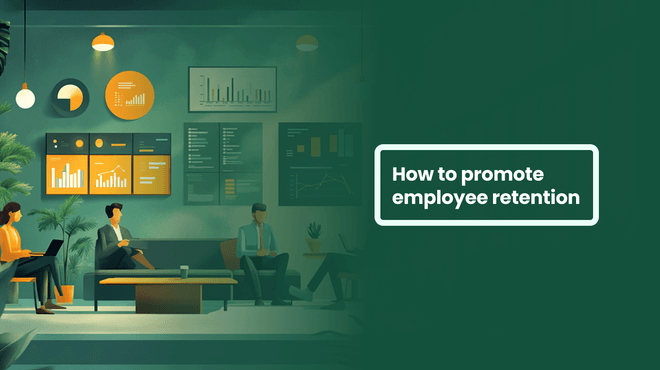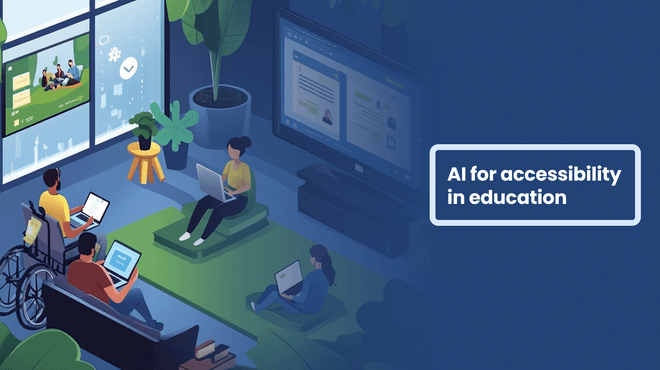AI statistics: market, adoption, business impact, investments, and more
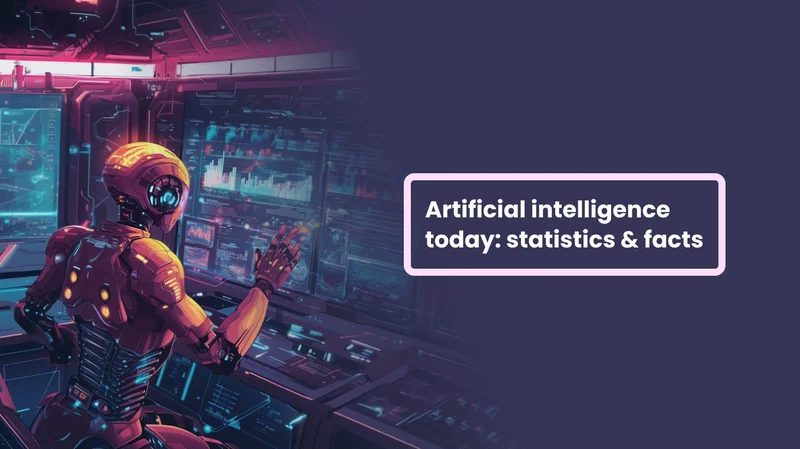
Artificial Intelligence. For some, it’s the secret ingredient behind business success. For others, it’s Skynet, a looming presence that brings danger and concern. Wherever you stand, one thing is clear: AI is more than a trend; it’s a decision-making tool, a growth engine, and sometimes even a competitive edge.
EXPERT’S QUOTE – We’re seeing a rising number of requests from both new leads and existing clients for AI consultations and implementations. Which means that the technology’s potential is no longer in question.
While most organizations are still in the early stages of their AI journeys, we’re starting to see what works and what doesn’t when it comes to using the technology to create real value. To do so, organizations need the right elements in place — proprietary data, a robust operating model, and a clear business strategy for AI use. With these, they can shift from experimentation to achieving tangible business outcomes.
But here’s the kicker – embracing AI isn’t just about saying, “Let’s do it!”
It’s a process, one that calls for careful planning, understanding, and a solid grasp of the facts. And that’s what this article is about – giving you a closer look at the numbers that define AI today.
AI market
The AI market is growing. Out of question.
In 2023, the global AI market was worth $538.13 billion in 2023. By 2032, this number is projected to hit $2,575.16 billion.
Although the growth is global, some regions stand out. North America, for instance, remains a leader. The North American AI market has been forecasted to reach $235.63 billion in 2024.
In the United States alone, AI is forecasted to boost GDP by 21% by 2030.
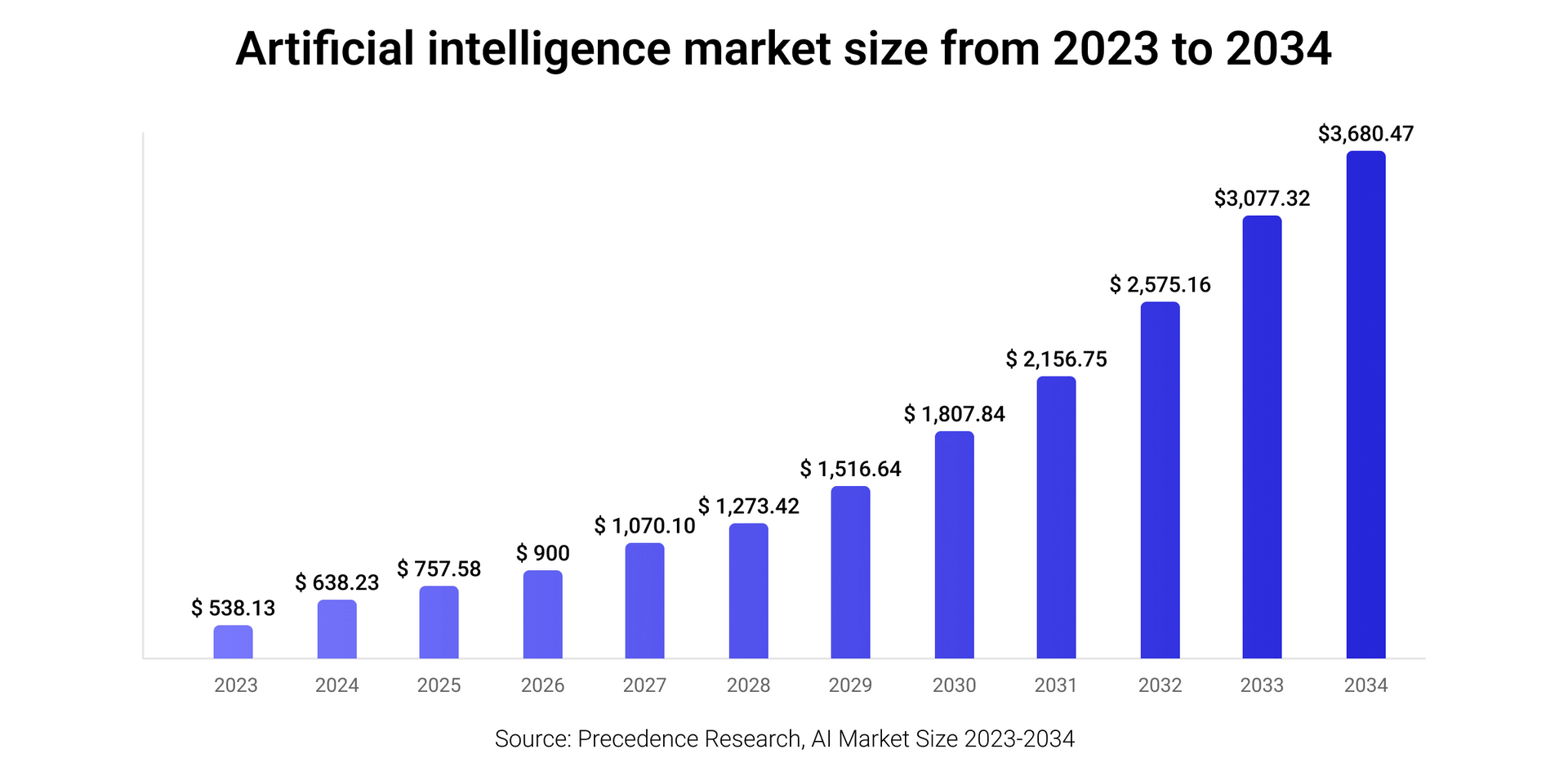
AI market size 2023-2034, Precedence Research, AI Market Size 2023-2034
AI adoption
Let’s zoom in and see how it’s actually being adopted in businesses and industries worldwide.
In 2024, 72% of companies surveyed by McKinsey reported using AI in at least one area of their operations.
Among large enterprises, 42% report using AI in their operations, while another 40% are actively exploring its potential.
The trend extends to generative AI – 63% of IT professionals in AI-using organizations say their companies are also adopting generative AI technologies.
Globally, certain countries are leading the charge in AI adoption. India, UAE, Singapore, and China stand out, with 59%, 58%, 53%, and 50% of large companies, respectively, having implemented AI in their processes.
When it comes to what drives AI adoption, the reasons vary but often boil down to two main factors: technological advancements that make AI more accessible and the need for cost reduction and automation.
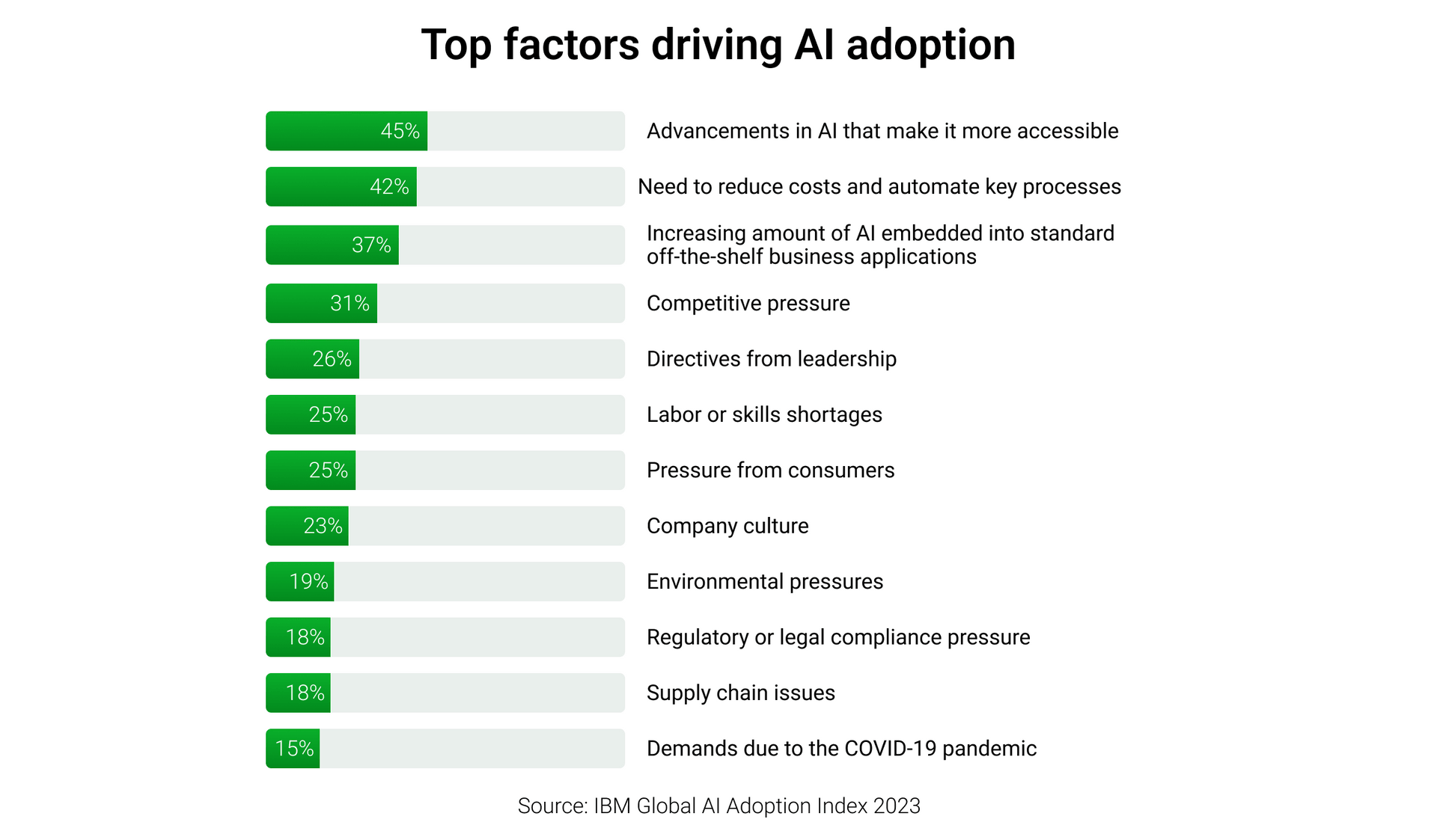
Top factors driving AI adoption, IBM Global AI Adoption Index
Business impact
What do businesses get from adopting AI? Let’s look at some real figures.
In fact, 63% of respondents reported revenue growth in the business areas where AI was implemented.
High-performing companies, in particular, were nearly three times more likely to see revenue jumps of over 10% compared to their peers.
Industries embracing AI are seeing labor productivity grow 4.8 times faster than average.
Meanwhile, 29% of IT professionals globally say AI tools are already saving employees time by automating tasks.
53% of small business owners credit AI for improving customer experiences.
Unsurprisingly, the tech sector is bracing for a major boost. Tech companies expect to see the biggest impact from generative AI, with potential value reaching up to 9% of the industry’s global revenue.
In human resources, 50% of respondents report cost reductions directly linked to generative AI adoption.
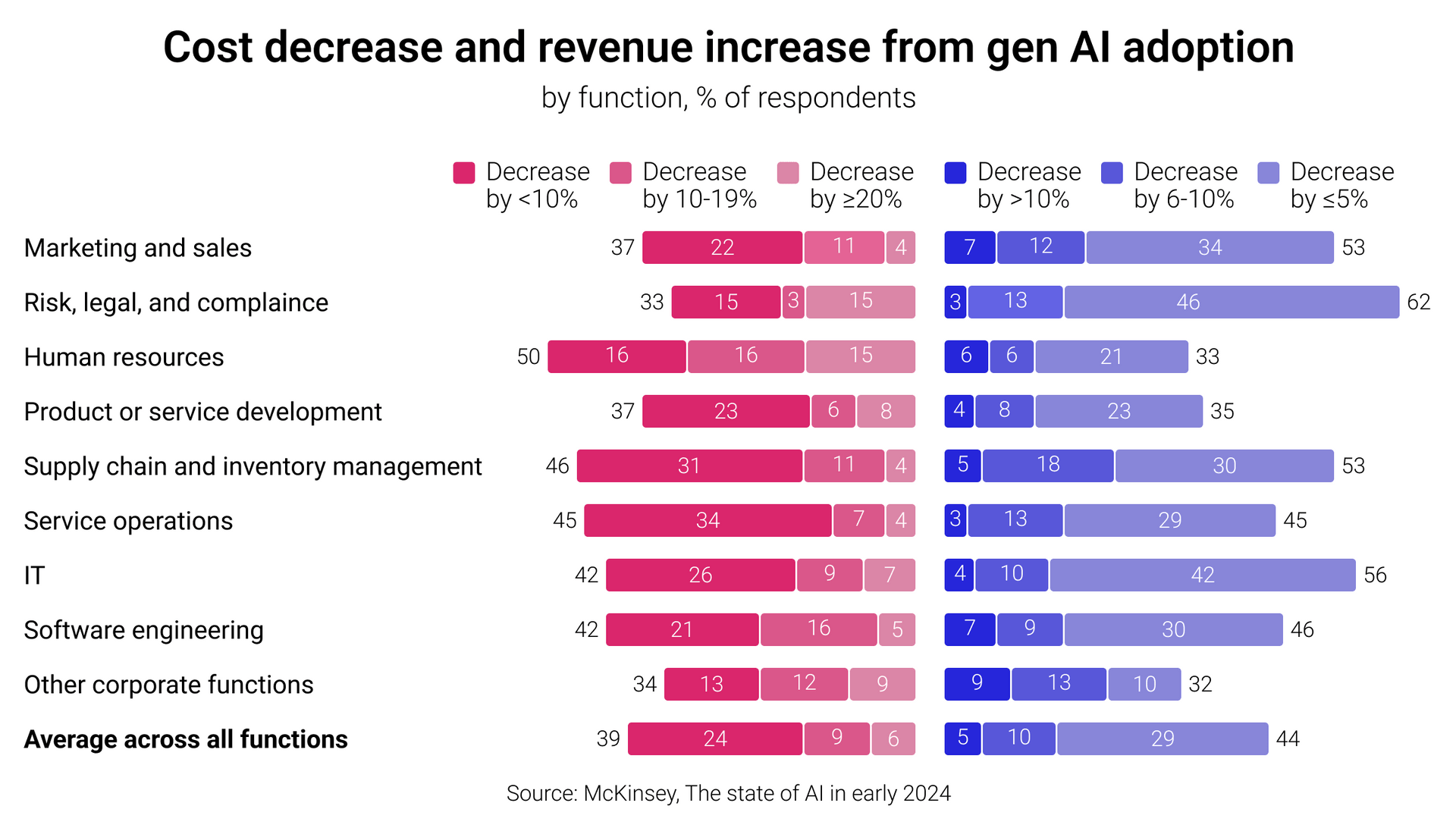
Cost decrease and revenue increase from gen AI adoption, McKinsey
Adoption challenges and concerns
The promise of AI is clear, but getting there isn’t always smooth sailing.
Despite many already enjoying AI, 76% of business leaders admit that integrating AI into their organizations has been challenging.
Among the most common hurdles:
- 33% cite a lack of AI skills and expertise.
- 25% point to overly complex data.
- 23% are concerned about ethical implications.
Even when AI projects get started, only 54% of pilots actually make it to production.
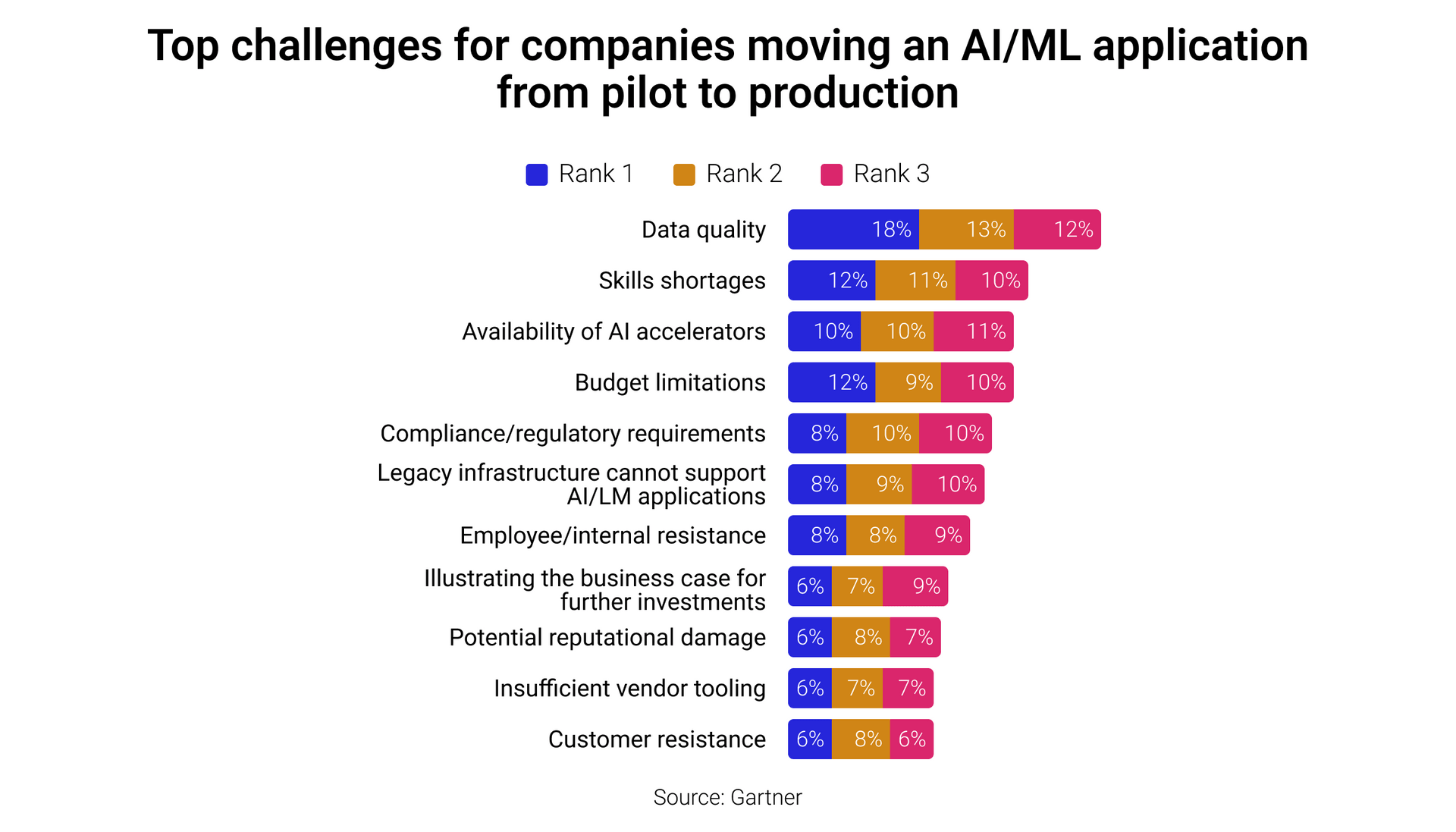
Top reasons why AI pilots fail to move into production, Gartner
For generative AI specifically, 47% of executives identify data readiness as the biggest hurdle.
In the public sector, AI adoption faces its own bottlenecks: 60% of IT professionals see AI skill shortages as the main obstacle.
Transparency and explainability worry 44% of surveyed organizations when it comes to adopting AI.
Globally, privacy and data risks, like leaks, are top concerns. These risks were flagged by 42% of North American organizations and 56% of European ones.
For U.S. executives implementing generative AI, cybersecurity (81%) and data privacy (78%) are also the biggest challenges.
AI in industries
Before diving into specific industries, let’s look at some numbers showing how businesses across various fields are using AI. These stats set the stage for a deeper exploration of its applications in key sectors.
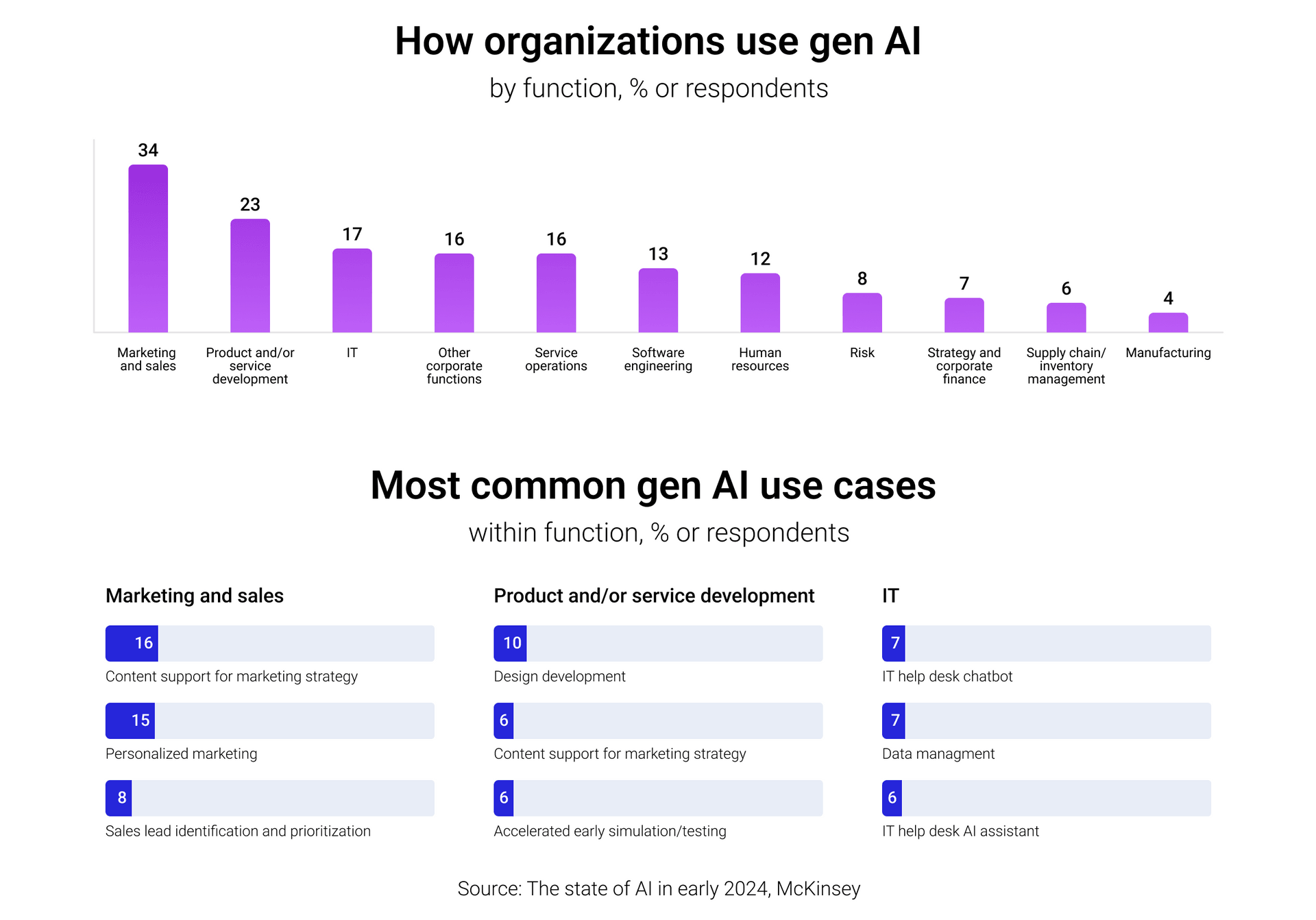
Most common gen AI usage use cases, McKinsey
AI in education
Education is one of the sectors where AI is making an impact.
The global AI in education market is projected to reach $21.13 billion by 2028.
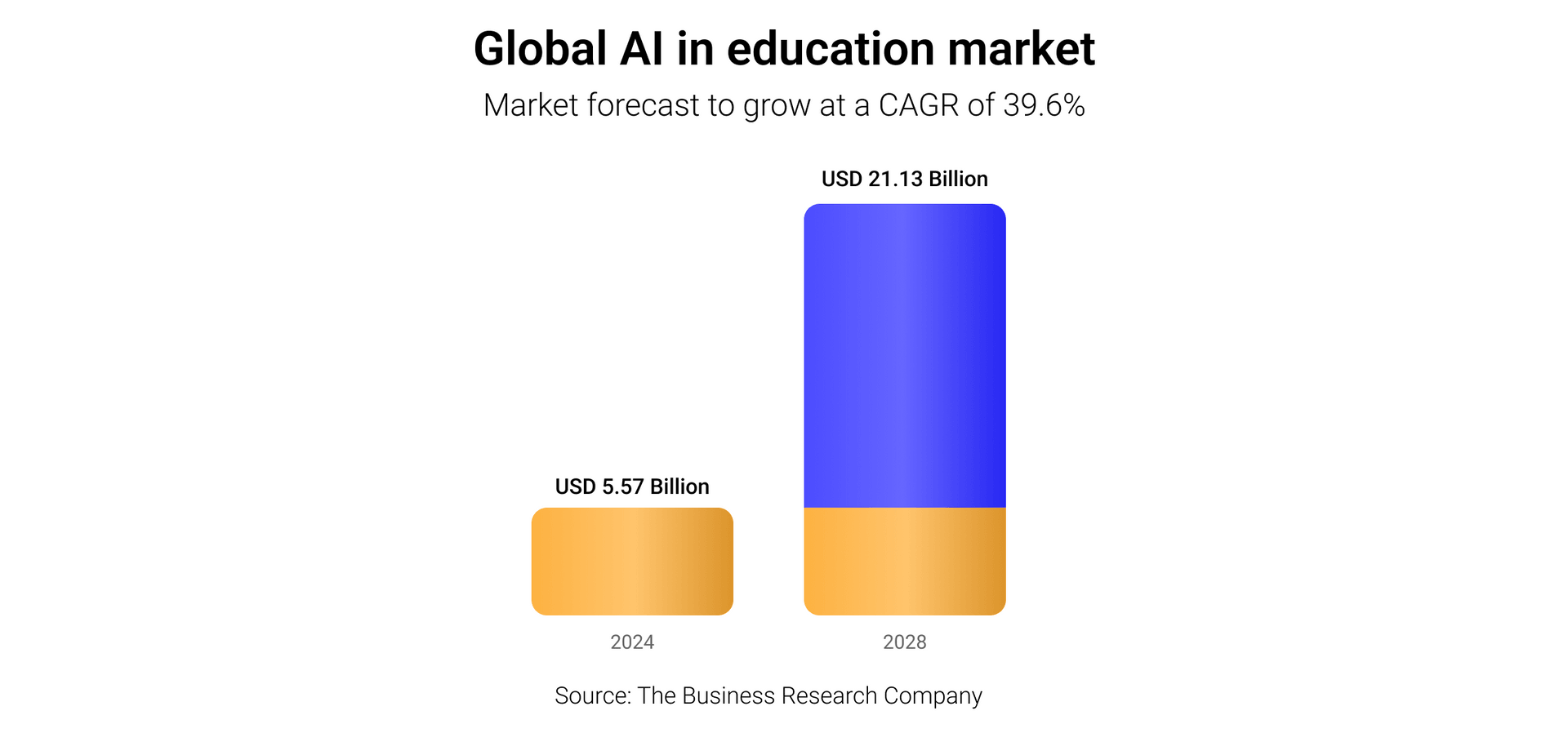
Global AI in education market, The Business Research Company
Around 42% of primary and secondary school teachers in the UK reported using generative AI in their roles as of late 2023-early 2024.
Video analysis tools and interactive AI platforms are becoming essential for remote learning and content generation.
Among educators, students, and IT leaders across schools and universities surveyed by Microsoft to explore AI’s role in education,
- 47% of leaders use AI daily,
- 68% of educators have tried it at least a few times
- 62% of students have used it occasionally.
Teachers are increasingly using AI for the following tasks:
- Research: 44%
- Lesson planning: 38%
- Summarizing content: 38%
- Creating materials like tests and assignments: 37%.
Student feedback reveals AI tools, especially chatbots, are well-received: 70% of K-12 students, 75% of undergraduates, and 68% of parents express positive views about them.
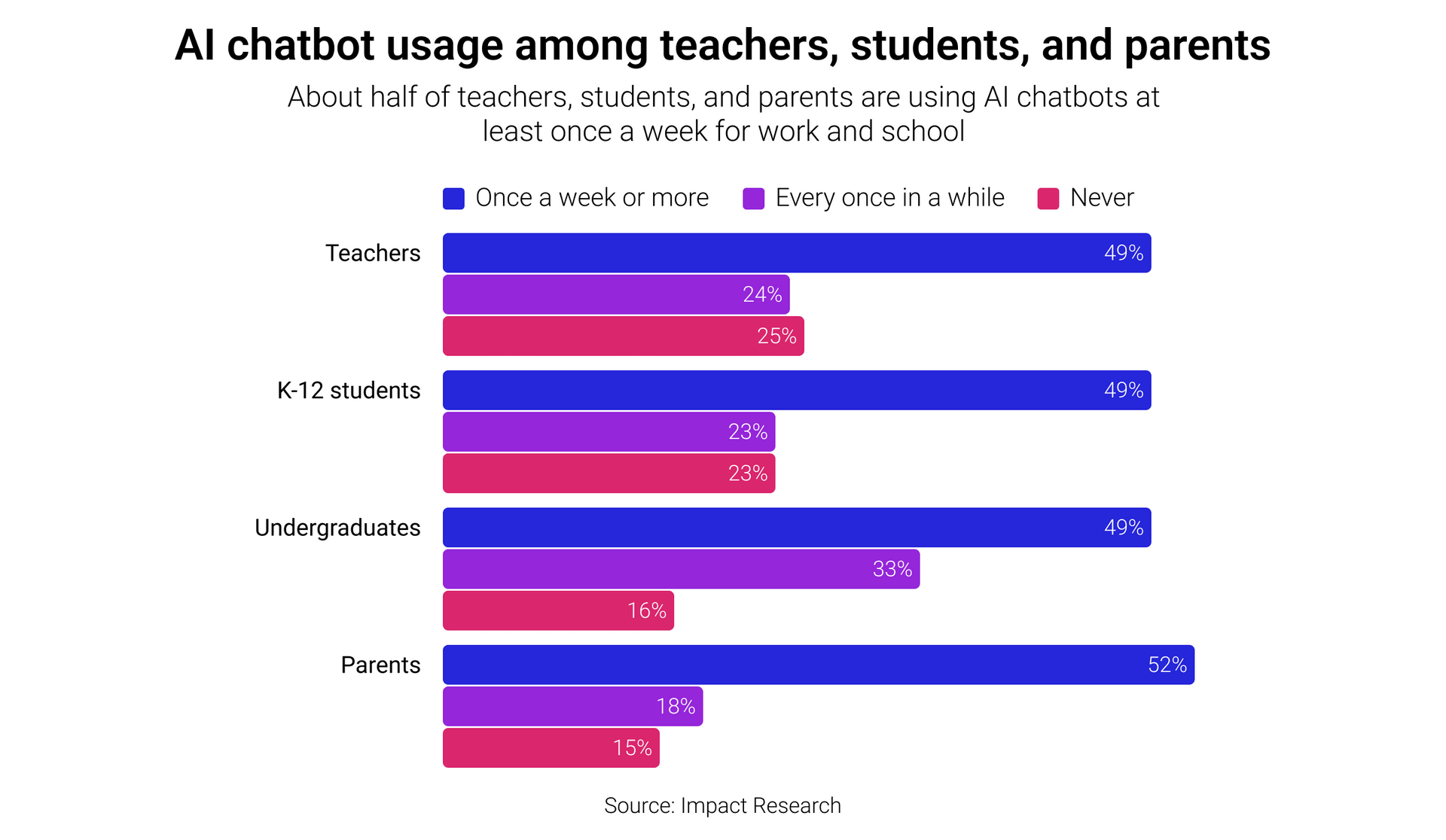
AI chatbot usage in schools, Impact Research
AI in education makes a difference, and we know this for sure
Because we’ve already seen the positive impact from AI-solutions we have built for our clients – whether it’s an AI-driven Q&A system managing 1,000+ requests per minute or a navigational AI chatbot simplifying material searches.
AI in healthcare
Healthcare is another field undergoing a major transformation with AI.
The global AI healthcare market was valued at $15.1 billion in 2022 and is projected to grow to $187.95 billion by 2030.
North America remains the frontrunner. This region dominated the AI healthcare market in 2022, accounting for over 59% of revenue, a lead expected to last through 2030.
AI applications in healthcare are varied and evolving. In 2023,
- 39% of leaders planned to invest in AI for outcome prediction and clinical decision-making.
- 37% were focused on improving operational efficiency.
- 32% aimed to enhance diagnostics.
By 2025, 90% of hospitals are predicted to use AI for early diagnosis and remote monitoring.
One of the AI technologies companies are most interested in is generative AI.
- 29% of healthcare organizations are currently investing in gen AI,
- 56% plan to do it within the next three years.
AI chatbots in healthcare have a customer acceptance rate of 27%.
AI in retail
Retail ranks among the top three industries for AI investment.
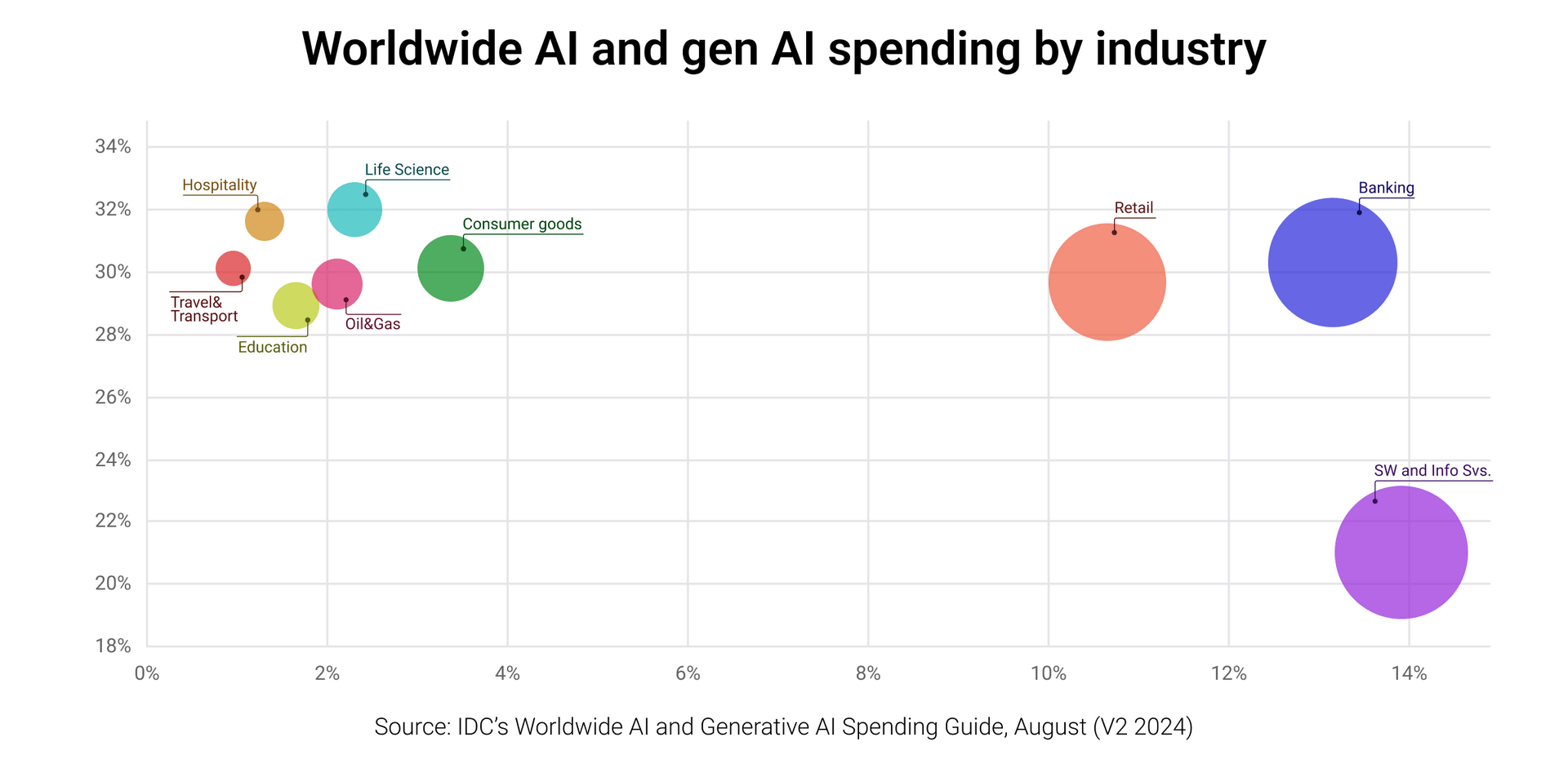
AI and gen AI spending by industry, IDC
Why? It delivers results.
Retailers using AI and machine learning technologies in 2023-2024 saw two-digit sales growth and an average profit increase of 8%, outperforming their peers.
Unsurprisingly, 70% of retailers prioritize increasing revenue through AI technologies.
The top applications of AI are in customer service, marketing, and store operations.
- Retailers are focusing on enhancing customer service by equipping agents with tools to quickly deliver personalized, automated messages and content to customers.
- Their next priority is developing conversational digital shopping assistants that use natural language prompts to recommend products to shoppers.
Generative AI continues making waves in this industry too.
This technology is projected to have a $9.2 trillion impact on retail by 2029, offering benefits like enhanced efficiency, productivity, and personalized experiences for customers and staff.
Current adoption trends show:
- 36% of retail employees are using generative AI, with this number expected to grow to 45% by 2025.
- 93% of retailers use generative AI for personalization, including email content and product recommendations.
Chatbots are proving particularly effective. In trials comparing traditional retail apps with gen AI-enabled chatbots, order completion times dropped by 50-70%.
AI that powers retail performance
Thanks to our AI-based behavior analysis and sales forecast solution, the customer achieved the following results:
7% increase in visitors-to-buyers conversion rate
15% boost in data collection volume
35% reduction in infrastructure costs.
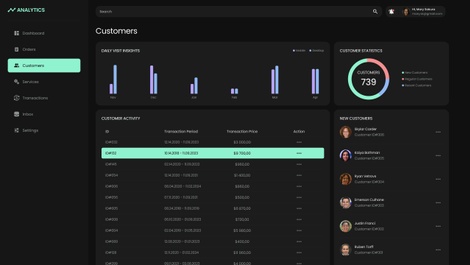
AI in banking
The banking sector is also one of the top three industries that is widely adopting AI
The AI in the global banking market was valued at $19.90 billion in 2023 and is forecasted to reach $315.50 billion by 2033.
The technologies of particular interest in this domain are generative AI and machine learning.
- Spending on generative AI in banking is expected to hit $84.99 billion by 2030, with a compound annual growth rate of 55.55%.
- Generative AI could add between $200 billion and $340 billion in annual value to the banking sector by increasing productivity.
Machine learning (ML) is contributing to better customer engagement and operational processes.
In Europe, the shift to machine learning has yielded impressive results:
- up to 10% higher sales of new products
- and a 20% drop in customer churn for early adopters.
AI-powered automation, incorporating both generative AI and ML, is expected to save North American banks $70 billion by 2025.
AI investments
As AI adoption has increased, AI investments have grown steadily too.
For example, back in 2018, 40% of companies allocated more than 5% of their digital budgets to AI. By 2022, this figure rose to over half. Now, a confident 63% of respondents predict even more spending on AI in the next three years.
59% of businesses using or exploring AI have sped up their adoption or investment in the technology.
Almost 90% of Fortune 1000 CIOs say their companies are boosting generative AI spending.
Why the push? 9 out of 10 companies see AI as a way to stay ahead of the competition.
For 83% of businesses, weaving AI into their strategy is a major goal.
Let’s sum it up
AI remains a focal point of global interest, with its adoption and revenue climbing steadily. Nations like the United States, China, and India lead the charge.
Businesses in banking, retail, education, and healthcare are reaping its benefits, recognizing its ability to boost productivity, improve customer experiences, and enhance decision-making.
Yet, as with any groundbreaking technology, AI brings challenges. Concerns such as ethical issues, data privacy risks, and the need for skilled professionals highlight the hurdles businesses face.
Still, these concerns don’t overshadow its potential. The continuous rise in AI investments and the eagerness of companies to explore its possibilities signal that AI’s influence is here to stay and grow.
Our services
If you’re interested in AI, we offer both advisory and development.
AI consulting
If you have questions about AI, like whether it will work for your business, how to get started, or if it’s worth the investment, we have the answers. As part of our consulting services, we offer:
- AI use case identification
- Data audit
- Existing solution audit
- Advisory on initial project setup
- AI ROI analysis,
- and more.
We help you get clarity and ensure you’re taking the right steps.
AI development
We specialize in full-cycle AI solutions, bringing intelligence to every part of your business. Our AI development services include:
- Discovery phase
- PoC and MVP development
- Full-cycle AI solution development.
We have experience building AI solutions for industries like education, retail, healthcare, and logistics. Our solutions support departments such as:
- Executive leadership
- Marketing
- Sales
- Finance
- Human Resources (HR)
- Customer support, etc.
Solutions we build include:
- AI assistants
- Content creation & management solutions
- Data analysis and forecasting platforms
- Image & video processing solutions.

